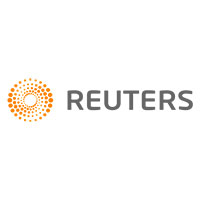When President Barack Obama visited Beijing five years ago, China had a weak leader, but a thriving economy. By contrast, President Obama, then viewed as a transformative leader, was riding a wave of goodwill and his party had the control of Congress. But the United States was in the middle of its worst economic slump since the Great Depression and, in the minds of many Chinese leaders, a superpower in inexorable decline.
As President Obama lands in Beijing for the annual APEC summit next week, he will find a complete reversal of national fortune between the United States and China in the intervening years. The U.S. economy has undergone a painful restructuring and an energy revolution and is now considered the brightest spot in an otherwise gloomy global economic landscape. But his own political stock has greatly depreciated. His popularity is at record low and his domestic agenda, blocked by the Republicans, seems doomed.
The situation in China is just the opposite. Its economic growth has fallen steadily since 2010 and serious troubles, such as massive overcapacity, a real-estate crash, and dangerously high debt levels, are lurking ahead. Fissures have opened up among its top ruling elites. In the last three years, the party’s biggest purge since Tiananmen claimed three senior leaders—a sitting Politburo member, one retired Politburo Standing Committee member, and one retired vice chairman of the Central Military Commission. But the man who took over the Chinese Communist Party’s leadership two years ago—Xi Jinping—is indisputably a strong leader and, in contrast to Obama, seems to face little domestic opposition, at least for now, in carrying out his ambitious agenda of turning China into a self-disciplined, one-party state ruled with an iron fist.
Read Full Article HERE
